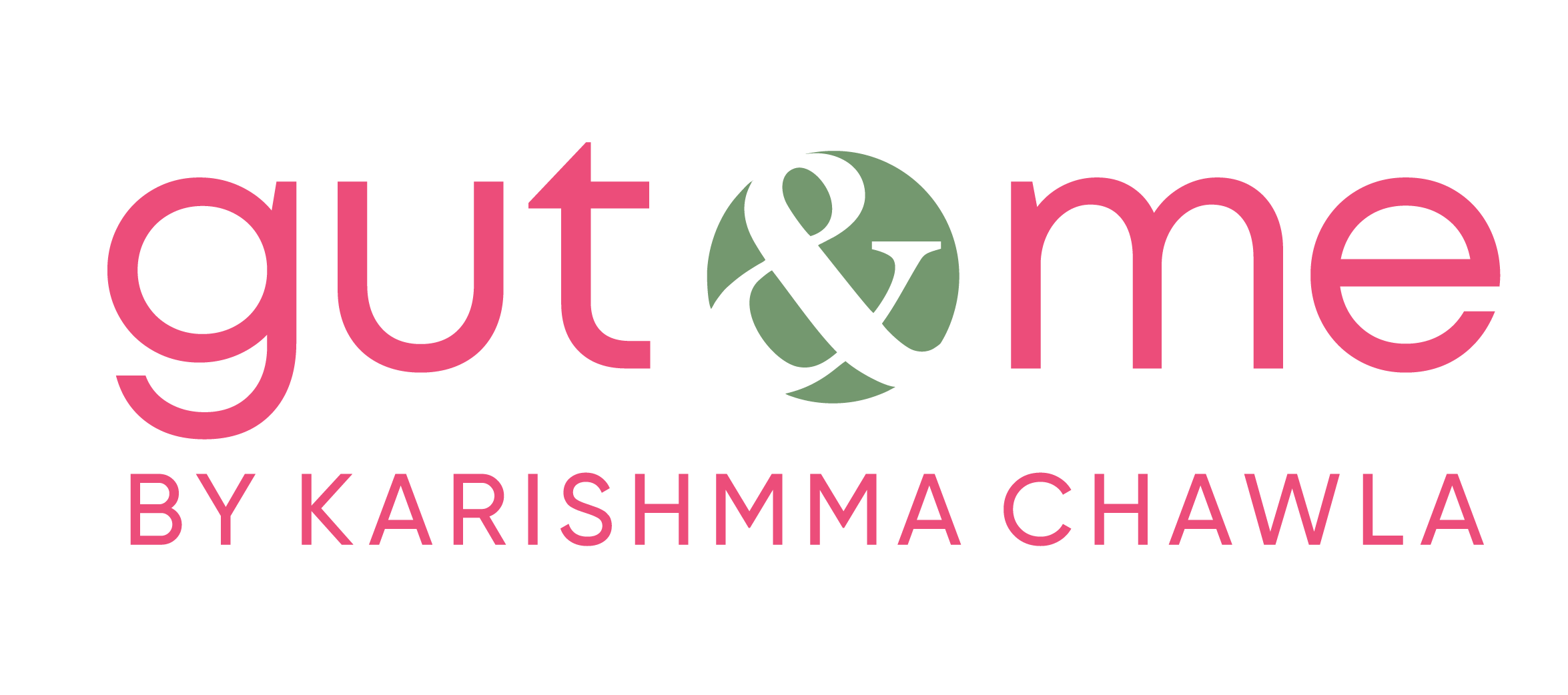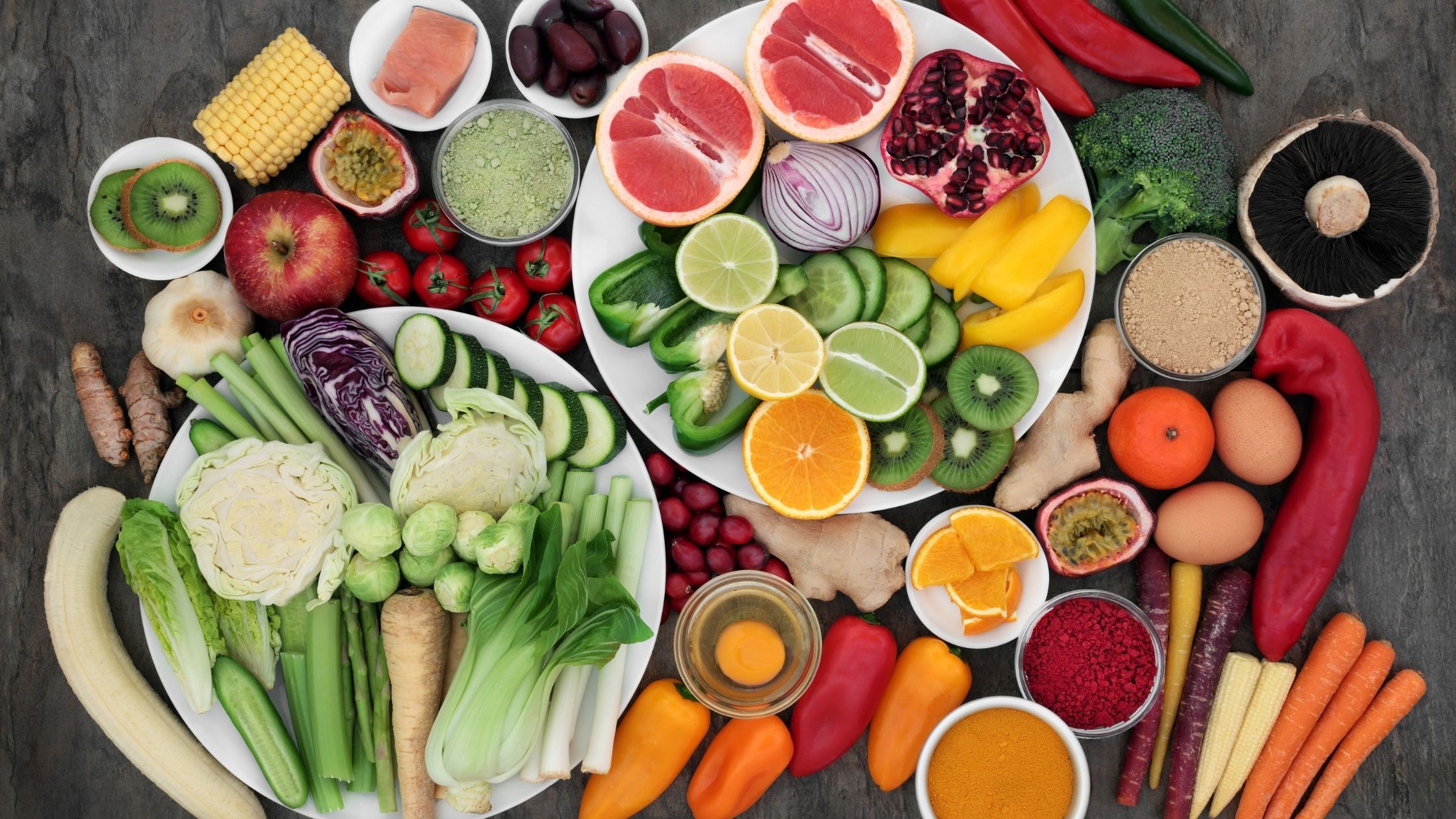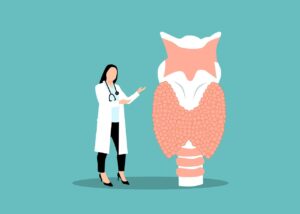Our gut health has implications beyond simply digestion, the state of our gut health may also regulate mood (through serotonin production), immune response, and predisposition to weight gain. In fact, it is estimated that the total surface area of our gut is approximately the size of half a badminton court and this is the reason why the foods we eat have such a deep impact on health. The integrity of the gut lining can become compromised if its constantly being exposed to irritants through diet or environment.
In turn, this causes low-level inflammation and can lead to a variety of disorders. Talking about gut health without the gut microbiome would be incomplete or unfair. The gut microbiome refers to the billions of live bacteria in the gut which include fungi, parasites, and viruses. It is estimated that the gut contains approximately 35,000 different strains of bacteria. The majority are found in the large intestine. They are essential for human development, immunity, and nutrition and have the reputation of a supporting organ weighing 5LBS, due to them playing many key roles in promoting the day-to-day operations of the human body!
Every person has a unique organ that is determined by one’s DNA. The first exposure to these microbes is as an infant, during delivery in the birth canal, and through breast milk. As you grow, the microbiome begins to diversify with environmental exposures and diet changes that can be beneficial to your health or place you at greater risk for disease.
Numerous Benefits of Gut Health
- Weight management. Reduced risk of obesity and overweight. Studies show that gut bacteria alterations due to unhealthy lifestyles and diet may contribute to a broad spectrum of diseases such as type 2 diabetes and Obesity.
- Increased immune function: 70-80 % of the immune system lies in your gut
- Plays a role in controlling blood sugar and may also affect the onset of type 1 diabetes in children.
- Helps control how your body responds to infection.
- Affects brain health by producing brain chemicals such as serotonin and communicating with nerves connecting to the brain.
- Gut dysbiosis may lead to weight gain, but consuming probiotics (healthy bacteria) can help restore gut health and reduce weight.
- Certain bacteria help digest fiber that is imperative to the gut to help prevent weight gain, diabetes, heart disease, and lower cancer risk
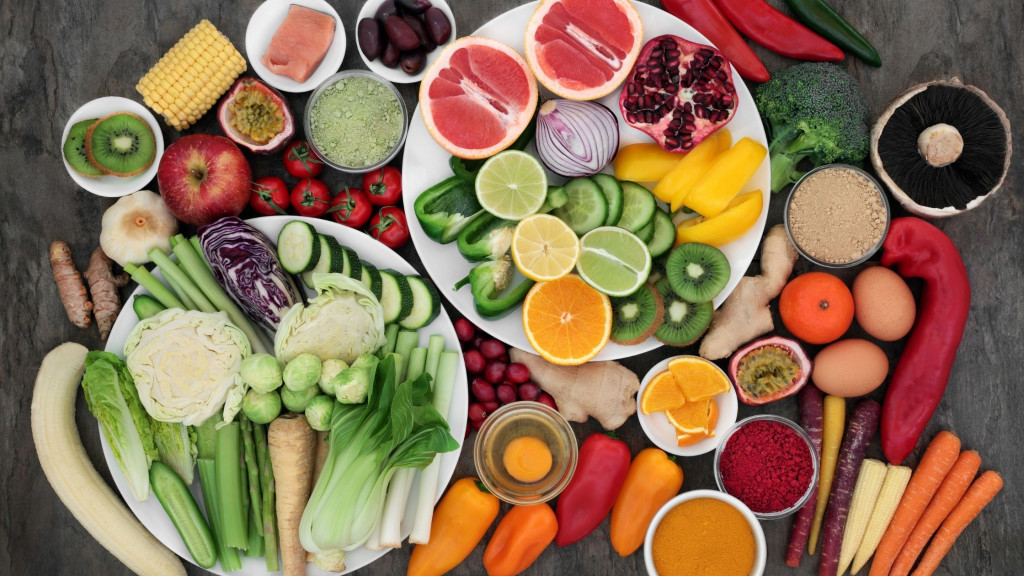
The diversity of the Gut Microbiome is affected by a variety of factors:
- Mode of delivery, babies via C section are exposed to different strains of bacteria as compared to babies vaginally born
- Diet during infancy, Breastfed infants are exposed to more beneficial bacteria from their mothers than formulae based babies. Also, breastmilk microbiota can also vary, depending on mothers’ health, body composition, antibiotic use, and diet
- Diet during adulthood, has a profound impact on the types of bacteria that thrive
- Antibiotics: By getting rid of the bad bacteria, they also tend to destroy the good bacteria. In fact, a single course of 5-day antibiotics may wipe out bacteria that may take anywhere between 2 weeks – 8 weeks to restore back. Of course, antibiotics are necessary at times, but ensure to give the gut a little extra care while consuming these.
- Age, microbial diversity may decrease with age
- Genetics, Some aspects of the gut microbiome may be inherited
- Stress, Even a brief period of stress is shown to alter the gut microbiota.
The good news is that these helpful friends can be shaped with long-term dietary interventions and a healthy lifestyle!
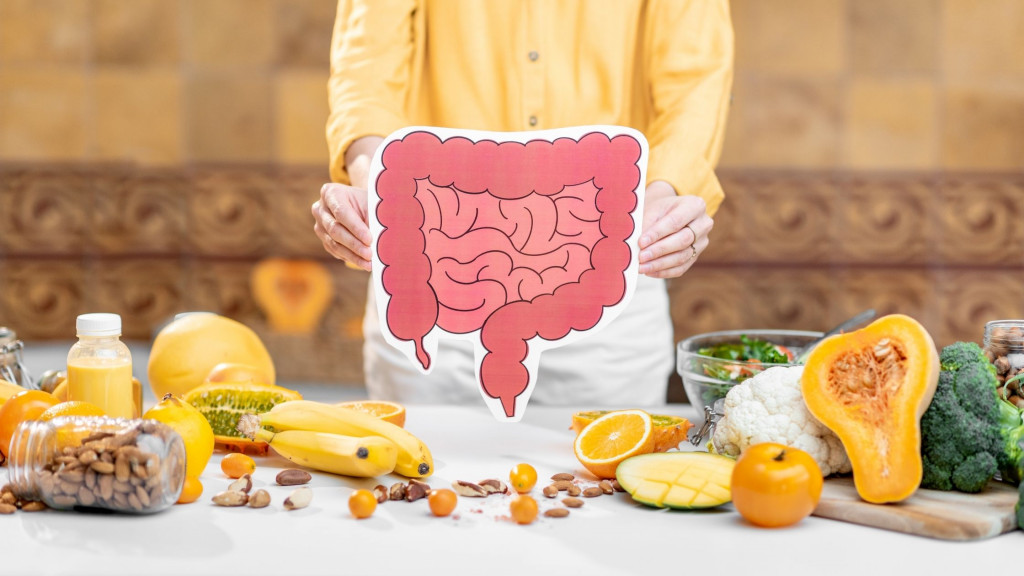
PROTOCOL FOR GUT HEALTH
- Experiment with eliminating inflammatory foods from the diet
- Wheat
- Dairy
- Soy
- Corn
- Refined sugar
- Reduce the exposure to toxins
- Alcohol
- Antibiotics
- Anti-inflammatory drugs
- Artificial sweeteners
- Heavy meat diets
- Consume homemade bone broth It is a mineral-rich infusion made by boiling bones of healthy animals with vegetables, herbs, and spices. . It heals and seals the gut. It essentially fills the holes of the Leaky gut.
- Consume collagen. Helps to improve intestinal permeability and improves the mucosal layer in the gut.
- Glutamine: This amino acid feeds the cells of the gut lining and helps with gut permeability issues. Its also naturally found in bone broth.
- Consume probiotic-rich foods daily. Sauerkraut, kimchi, and any kind of fermented vegetables are great sources. Add 1-2 tablespoons daily with meals. Can also try probiotic supplements, Start with a small dose like 10 billion CFU to avoid any reactions like bloating and gas, and then step up the dose progressively. And best taken away from meals.
- Increase Fiber: Consume 35-45 gms of fiber daily, also this must too be done progressively to avoid any discomfort. Whole grains and cereals, fruits, vegetables, salads, and vegetable smoothies are recommended. A high fiber diet can help protect gut microbes from turning heavy metals into toxins. The top sources are beans, oat bran, barley, onion, garlic, leeks, asparagus, Jerusalem artichoke, quinoa, amaranth.
- Consume resistant starch: This actively stimulates the good bacteria in the intestines helping to maintain the healthy balance of bacteria. The sources would include lentils, chickpeas, and cooked plantains.
- Get alkalized: Consume lime water and apple cider vinegar
- Add gut smoothers: such as fennel, ginger, and peppermint.
- Chew your food well for good gut health. Chew each mouthful of food 20-30 times. Helps get the digestive enzymes in the saliva working.
Restore balance and well-being. Get personalized solutions from Karishmma Chawla to nurture your gut health naturally.
